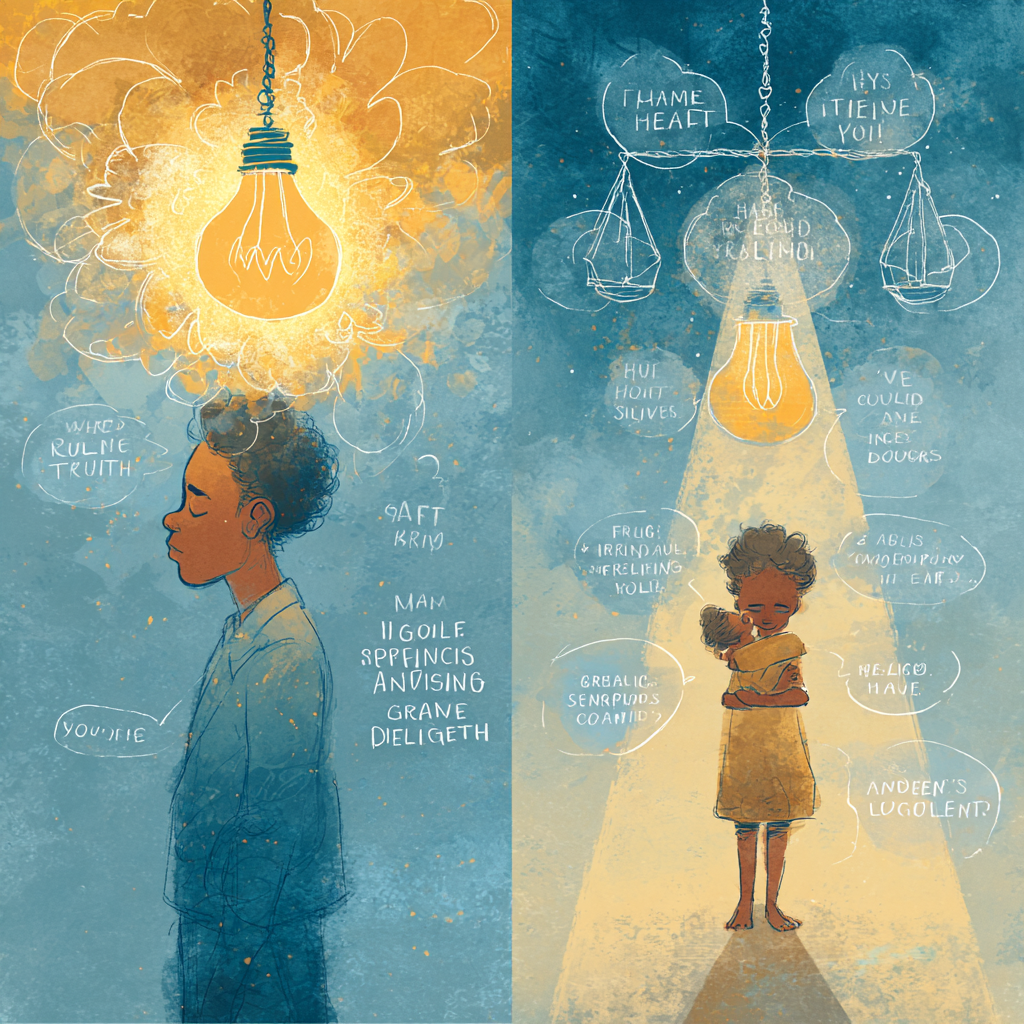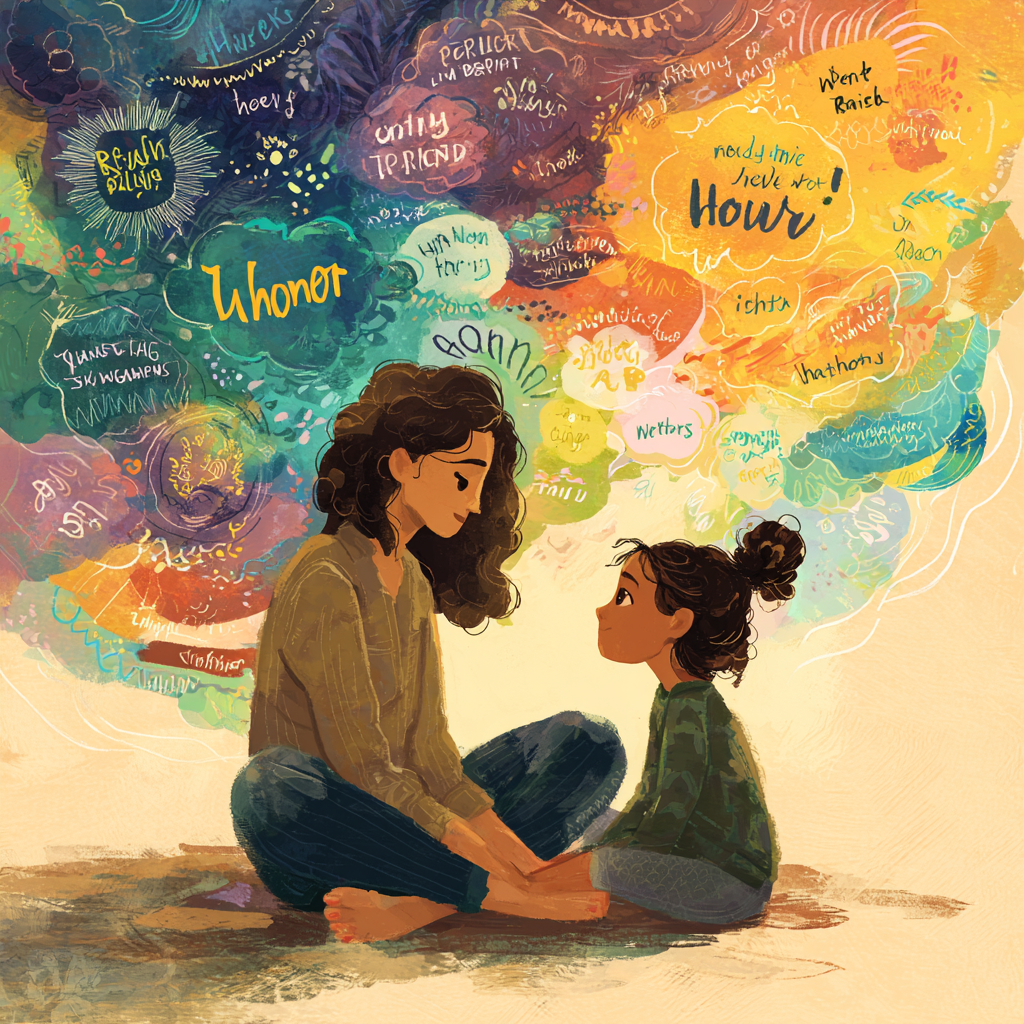Overcoming Narcissistic Abuse: Radical Acceptance Explained
Introduction
Hello, this is Blake Anderson, a Registered Social Worker and therapist in Toronto, Ontario, with over 13 years of collective experience in social work and five years as a therapist. This advanced blog post supplements my YouTube video on Tip #5 from my free series of 20 strategies for overcoming narcissistic abuse and scapegoating: radical acceptance. I cover cognitive dissonance, the adult self versus child self, and honoring truth post-gaslighting.
For those searching "radical acceptance narcissistic parents," "overcoming cognitive dissonance family trauma," "scapegoat recovery inner child," or "Sam Vaknin reality testing NPD," these tools empower clear-eyed healing.
What family truth is hardest to radically accept? Share in the comments to support others.
Radical Acceptance: Seeing Family as They Are
Number five is the notion of radical acceptance. I first heard this concept in the book It's Not You by Dr. Ramani Durvasula. She talks about coming to radically accept your family and your parents as they are, and this can be very strengthening and empowering for you.
Growing up in these homes, you're used to gaslighting from your family, but then also likely internalizing a lot of self-doubt 'cause you've had to, I think from a young age question in some sense your reality. But by working on radical acceptance, you are seeing clear eyed the way that life or the way your family is. It's tricky as often we might grow up really wanting a certain family, and so we might be traditional in the sense of valuing family, and it's hard for us to accept that our parents would be limited and not being loving, caring towards us.
But at the end of the day, if you're in denial or you are minimizing—which I can understand why we would do that—that's the kind of notion of cognitive dissonance, is that intellectually we might understand the way our family or parents are, but then emotionally and subconsciously we maybe still desire that relationship. So we can kind of be in conflict with ourselves.
Advanced practice: List one intellectual truth about your family versus the emotional desire—bridge with a radical acceptance affirmation: "They are limited; I honor my reality."
Cognitive Dissonance and Distorted Reality Testing
The more that you work on your inner child and these parts of yourself and learn to radically accept, you're honoring what is, and that's the way to live in your life is to honor truth. When you're grounded in truth, that very much is the proper way and the proper stance to be in the world, but also interact in this dynamic as you're only prolonging if you're just denying and minimizing.
Growing up in these homes, reality testing in some sense can be off because if someone's truly narcissistic, Sam Vaknin does talk about how the narcissist, it's like they're not even almost on the planet or not a fully formed self and that reality testing for them, and there's almost like a level of psychosis. So they're not really in touch with reality. And the reality testing's off. And so if we grow up in that environment, in that dynamic ourselves might have get, we might have gaslit ourselves from a very young age and very much have a lot of self-doubt.
Honoring the Inner Child for Empowerment
It comes down to often the inner child. And so it's about listening and honoring kind of the experiences from your younger parts of yourself. And I think that can give you the strength to learn to radically accept.
Engage: Visualize your child self—what unmet need fuels denial? Radically accept it today for adult self-grounding.
Conclusion
Radical acceptance means honoring truth over denial, resolving cognitive dissonance, and strengthening through inner child work. It counters gaslighting's self-doubt, aligning with reality for empowered narcissistic abuse recovery and scapegoat healing.
Thank you—stay tuned for more tips.
Download the free Scapegoat & Narcissistic Abuse Recovery Course 20 strategies and toolkit. Learn more.



